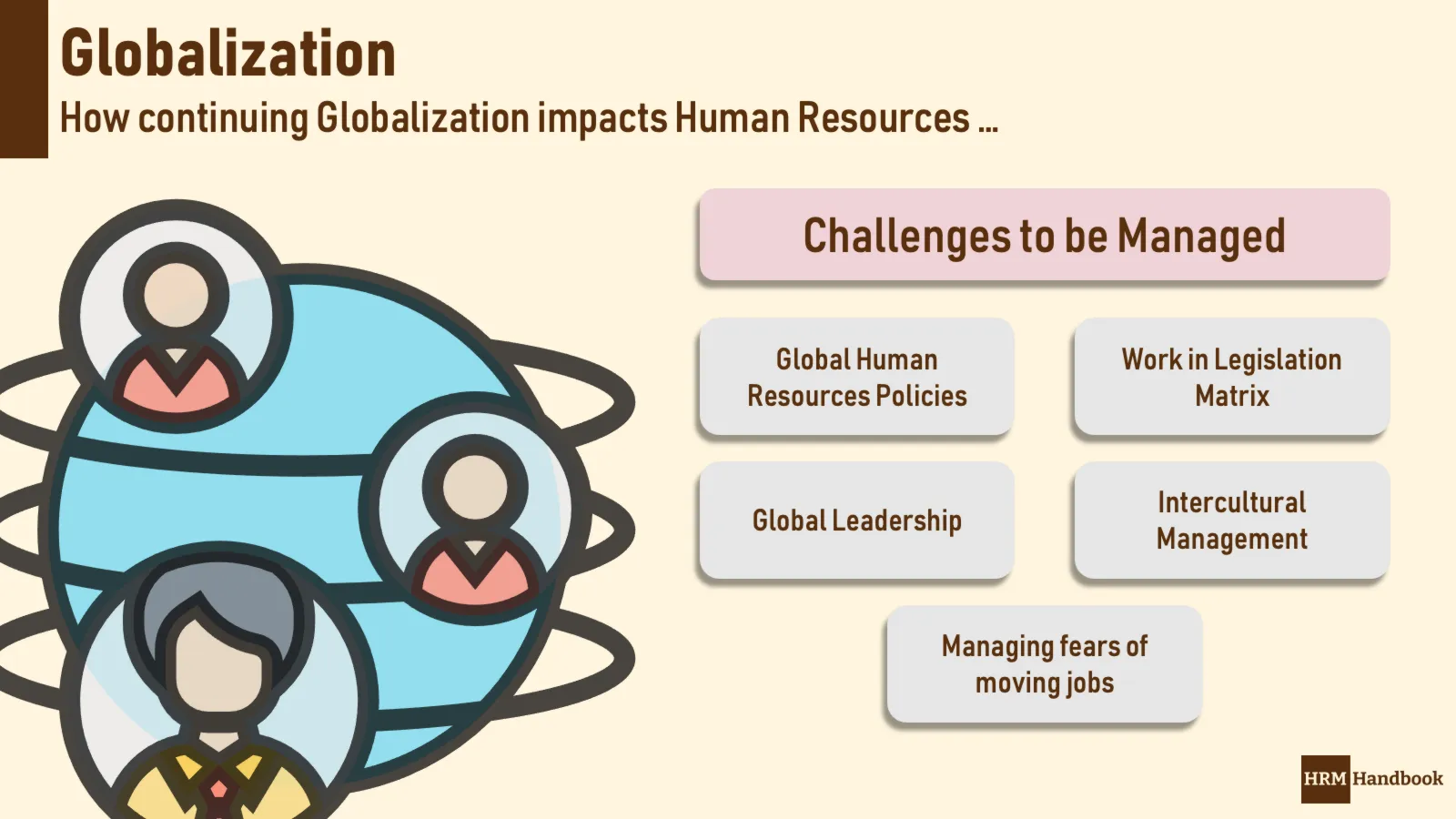Globalization
Globalisation is usually defined as international integration arising from the exchange of products, intermediate goods, ideas and opinions. It has benefited from modified legislation and the removal of trade barriers introduced in the 1970s. In Europe, the removal of trade barriers in the European Union since 1993 has also been a major boost to globalisation. What is needed for globalisation is for legislation not to hinder the process but rather to encourage the free flow of goods, services and people between countries. Therefore, a reduction in protectionist policies in individual countries is a required condition.
In recent decades, it has fuelled economic growth as more and more countries have been able to participate in all industrial and financial processes. Large corporations opened branches and factories in countries around the world. Supply chains became very complex and most sophisticated products contained components from every continent. As companies grew, the structure of their workforce became global, no longer purely American, German or Japanese. They are global and multicultural. This has become a real challenge for human resources because it has a huge impact on HR practices and policies.
Right now there is a belief that globalization is over. Or that one stage of globalisation is over, because various crises in short succession have brought the bitter lesson that global supply chains are very fragile and prone to various deviations. That said, its impact so far has been in terms of moving operations and factories closer to customers. However, this is not the case for global labour mobility. Companies are moving the best talent to their factories or allowing remote working.
Globalisation and its impact on Human Resources
Globalization as a challenge for human resources will continue for several decades. We are all shaped by our national culture, which is often in sharp conflict with globalisation. We are not open to foreigners and have a natural and innate distrust of them. Being open to other cultures and accepting newcomers is a challenge not just for Human Resources but for the whole of society. However, employees from developing countries will continue to move to the West. On the other hand, many employees from the West will move to the East.

Employees in the West enjoy many of the benefits of globalization. They can move freely around different countries. They can apply for their dream job anywhere in the world and are not restricted by citizenship. On the other hand, they are under pressure that their jobs may disappear. It may be moved to a country with lower labour costs or with more flexible labour laws. This is also a human resource challenge.
Global Human Resources
Building a global human resources team is an excellent example of strategic human resources management. Human resources must address privacy issues and working across different employment laws. Some countries are more protective than others. They must address all procedures for global labor mobility and allow employees to move across countries. They also need to update expatriation procedures and policies and ensure that organizations are spending money efficiently.
The human resources department must implement global human resource management. Most performance-oriented organizations promote internal equity and fair treatment of employees. The HR team must ensure that the playing field for employees is the same everywhere. This is a challenge because the team must work across different cultures. These national cultures and practices are always stronger than the corporate culture. The business needs to encourage employee diversity, but should also highlight the leading national culture.
A diverse company culture is always a good start, but it is difficult to design and implement. The team may find that the design is fluffy because it tries to accommodate everyone. In the end, the leadership team has to make a difficult decision. They have to choose one culture to use as the lead. In general, most employees join an American company because they want to enjoy the American way of doing things. They don’t want to spend time in an international culture that no one understands. On the other hand, a German corporation should remain German in the US.
HR will need to design policies and procedures for remote teams. Most managers are not capable of managing employees abroad. They need to see them and give them direct feedback. Working in remote teams in different cultures is a real managerial challenge. The HR team needs to design tools for managers to make their lives easier. Without these tools, productivity and performance will suffer.
Modern human resource management is heavily influenced by globalization. There are only a few corporations that effectively manage human resource management in a global world. Others are implementing various global policies and practices. However, it is always a great place to start with a global talent management system.
HR departments must incorporate globalization into their strategic HR agenda. They must support a learning strategy as employees discover their ways of living in a truly global organization.